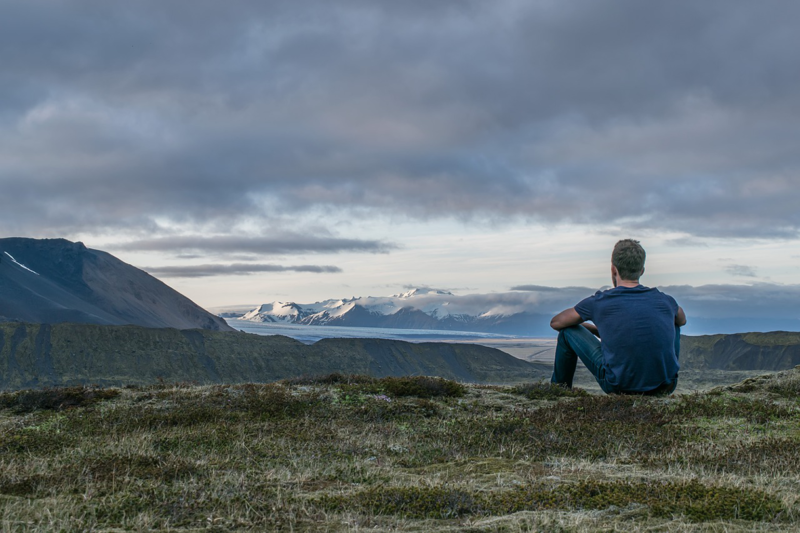
Traveling solo for the first time can be both thrilling and intimidating. The idea of exploring new places alone brings a sense of freedom and self-discovery, but it also comes with challenges, especially if you’re new to navigating unfamiliar environments without a companion. To make your journey smoother, we’ve compiled a comprehensive list of essential tips to help you prepare for your first solo adventure.
1. Plan Ahead, but Stay Flexible
Before setting off on your solo trip, it’s crucial to have a plan in place. Research your destination, accommodation, and the activities you’d like to do. Make sure to book your accommodation for at least the first few nights, so you have a safe place to land when you arrive. However, leave some room in your itinerary for spontaneous activities. Solo travel is all about the freedom to change your plans as you go, and flexibility can lead to unexpected adventures.
2. Choose the Right Destination
As a first-time solo traveler, choosing a destination that’s safe, traveler-friendly, and easy to navigate is key. Countries known for their hospitality and well-developed tourism infrastructure can provide a more comfortable experience. Some popular destinations for solo travelers include Japan, New Zealand, Canada, and countries in Europe like Portugal or Denmark. These destinations offer reliable public transport, a wide range of accommodations, and low crime rates.
3. Pack Light and Smart
When traveling alone, packing light is essential. You won’t have anyone to help carry your bags, so choose versatile clothing that can be mixed and matched. Consider investing in a good-quality backpack or suitcase with sturdy wheels. Don’t forget to pack essentials like a power bank, a first-aid kit, a portable lock, and copies of your important documents (e.g., passport, visa, travel insurance).
4. Stay Connected and Safe
One of the most important aspects of solo travel is staying connected. Ensure that someone back home has a copy of your itinerary and regular check-ins. Use apps like Google Maps for navigation, and download offline maps in case you lose signal. It’s also a good idea to get a local SIM card or portable Wi-Fi for uninterrupted internet access.
To stay safe, avoid sharing too much personal information with strangers. Trust your instincts—if a situation doesn’t feel right, leave. Solo travelers can also benefit from enrolling in local embassy or consulate services in case of emergencies.
5. Embrace Solo Time, but Don’t Be Afraid to Socialize
One of the highlights of traveling solo is having the opportunity to spend time with yourself. Take this chance to reflect, recharge, and enjoy your own company. Whether it’s sitting in a café or wandering through a park, embrace the solitude.
That said, don’t be afraid to socialize. Hostels, group tours, and online communities like Couchsurfing or Meetup can connect you with like-minded travelers and locals. Attending local events or walking tours can also provide a fun way to meet people.
6. Budget Wisely and Keep Emergency Funds
When traveling solo, managing your finances becomes even more crucial, as you won’t have anyone to split costs with. Before you travel, research the cost of living in your destination and set a daily budget. Make sure to track your expenses using budgeting apps like Trail Wallet or Spendee.
It’s also a good idea to have some emergency funds stored separately from your main wallet. This could be a hidden stash of cash or an extra bank card in case of theft or loss.
7. Be Aware of Cultural Norms
Respecting local customs and culture is not only polite but also crucial for your safety. Some countries have strict dress codes or behavioral norms that travelers are expected to follow. For example, in some conservative cultures, modest clothing is a must. Familiarize yourself with local laws and customs before you arrive to avoid any cultural faux pas.
8. Take Care of Your Health
Your health should always be a top priority, especially when traveling alone. Make sure to have comprehensive travel insurance that covers both health and travel-related issues. Bring any necessary medications, along with prescriptions, and pack a basic first-aid kit.
Staying hydrated, eating well, and getting enough rest are all important for maintaining your energy during the trip. Consider downloading apps that show the location of nearby hospitals or clinics in case of emergencies.
9. Capture the Moments, But Stay Present
It’s tempting to document every moment of your solo adventure for social media, but remember to stay present and enjoy the experience. Use your camera or phone to capture special moments, but don’t let it distract you from fully immersing yourself in the journey. Solo travel is an opportunity for personal growth, so make the most of it by living in the moment.
10. Trust Yourself
Above all, trust yourself. Solo travel is about self-reliance and learning to solve problems on your own. Believe in your instincts and your ability to navigate challenges. Every successful solo trip will build your confidence, making you a more seasoned and self-assured traveler.
Conclusion
Solo travel is an incredibly rewarding experience that allows for personal growth, independence, and a deeper connection with the places you visit. By following these essential tips, first-time solo travelers can make their journeys safer, more enjoyable, and unforgettable. Remember, the world is full of adventure waiting to be explored—don’t be afraid to step out of your comfort zone and embark on the journey of a lifetime.






